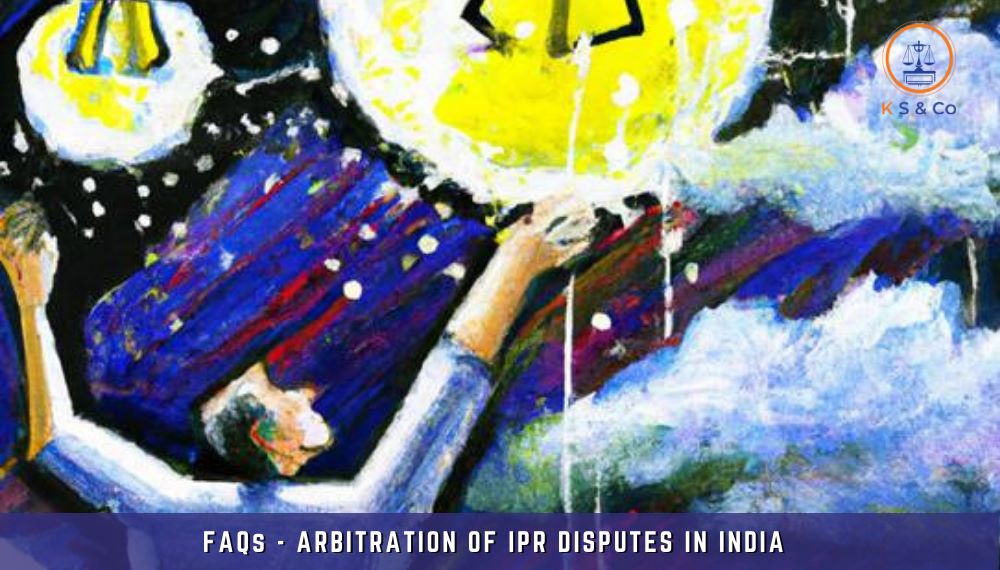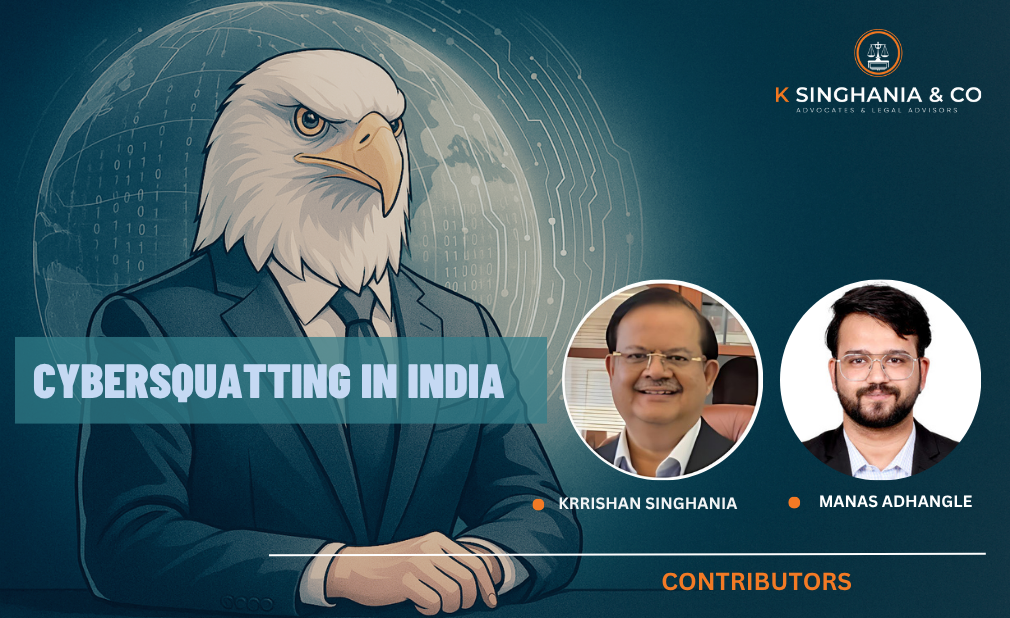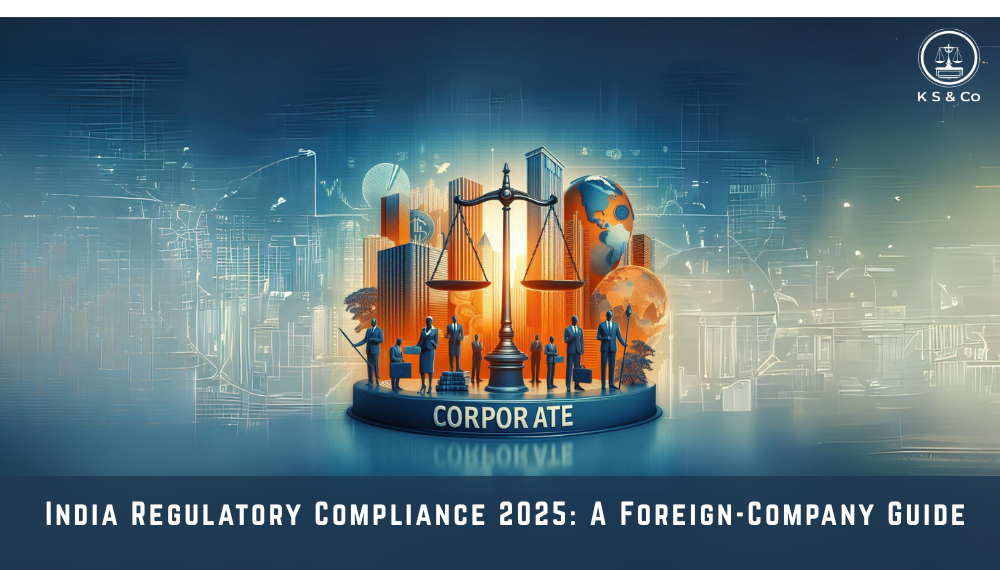Globalisation, advancement of technology and innovation, and creation of world renowned brands, has made dispute resolution of IPR disputes more complex. Patents or trademarks may be registered in many countries and covered goods may be sold across the globe. Any dispute may lead to several parallel litigations across the globe that would result in conflicting decisions and make the whole process very costly. Thus, it is important to consider arbitration as a means of resolving IPR disputes, especially the ones that have an international impact. We have prepared these FAQs to shine a light on the intersectionality of IP disputes and arbitration in India.
Are Intellectual Property Rights (IPR) disputes arbitrable in India?
Arbitrability of IPR disputes will depend on the facts of the case. It has been held by the Supreme Court of India,[1] that disputes adjudicating rights in personam[2] are arbitrable; as opposed to disputes involving adjudication of rights in rem[3]. It was also held that disputes that arise from special statures, which reserve jurisdiction exclusively to special courts, will not be arbitrated.
IP rights are erga omnes, i.e., towards everyone. They confer a monopolistic right on their owner / holder and therefore the jurisdiction to deal with such disputes has usually been with courts of law.
The Courts in India have determined the issue of arbitrability of IP disputes depending on facts of case. In Mundipharma Ag v Wockhardt Ltd.[4], the Delhi High Court held that claim of copyright infringement was not arbitrable since copyright infringement was a statutory claim, the statutory remedies had to be granted by civil courts only.
The facts of Eros International Media Limited v Telemax Links Pvt Limited[5] were slightly different. Here, the Petitioner had granted the Respondent a license to distribute his film with an express negative covenant that prohibited the use of the film upon the termination of the contract. When the Respondent violated this term, the Petitioner initiated arbitration for a claim sourced purely in contract but still requiring the establishment of infringement of copyright. The Bombay High Court held that the IP disputes that arose purely out of contract would be arbitrable because they involved actions in personam.
Thus, it appears that the position in India is that contractual disputes of royalty, marketing or other aspects of licensing agreements would be arbitrable, but disputes involving the validity or ownership of an IP right would have to be decided by a Court or designated tribunal.
[1] Booz Allen and Hamilton Inc. v SBI Home Finance Ltd. – (2011) 5 SCC 532, A. Ayyasamy v A. Paramasivam – (2016) 10 SCC 386.
[2] Rights in personam means rights and interests of the parties amongst themselves.
[3] Rights in rem means the title to property and the rights of the parties, not merely among themselves but also against all persons at any time claiming an interest in that property.
[4] ILR (1991) 1 Dek 606
[5] Notice of Motion No 886 of 2013 of Suit No 331 of 2013
Why should one choose arbitration for resolving IPR Disputes?
Adjudication by technical experts
Judges in litigation do not always have the necessary expertise to adjudicate on complex IP issues and have to rely on experts appointed by the Court or litigating parties. In contrast, parties to an arbitration are free to choose a mutually agreeable arbitrator that possesses the requisite knowledge of the subject matter of the dispute.
Timely dispute resolution
Arbitral proceedings could be more efficient as compared to litigation proceedings as the procedure, deadlines and timelines could be decided by the arbitrator and the parties to the dispute during the case management hearing. The Indian Arbitration Act prescribes a timeline to resolve disputes of 12 months that may be extended by 6 months. After that no extension is possible without being expressly sanctioned by the competent court. Arbitration proceedings are not bound by procedural formalities of court and the scope to challenging an arbitral award is restricted to limited grounds. These factors contribute to timely adjudication of IPR disputes.
Confidentiality
While cases in court are public, arbitration proceedings are private and confidential. This makes arbitration of IP disputes very attractive to parties that value privacy and confidentiality. This also helps in protecting sensitive information like trade secrets, and safeguard reputation.
Neutral forum in case of international IPR disputes
IPR disputes may involve multiple jurisdictions as trademarks and patents may be registered in multiple jurisdictions and may also have markets in different countries. In case parties opt for litigation, there may be multiple proceedings under different laws that could lead to conflicting decisions. The party that gets an order favourable to it and in a jurisdiction of its choice has an unfair advantage. Arbitration on the other hand provides a neutral forum with respect to law and nationality of arbitrator, and ensures that the disputes are resolved in a single proceeding. Therefore, the neutrality of arbitration is a bonus and puts both parties involved on the same footing.
What are the strategic considerations after an IPR dispute arises?
Comply with ongoing business obligations
It is critical that the parties understand their obligations arising from the underlying contract. Very often in disputes over agreements concerning intellectual property, there arises a need for the parties to collaborate and continue to cooperate with each other throughout the proceedings due to other contractual obligations. For example, in a joint development agreement for the development of a medical treatment, there will likely be various provisions that require the cooperation of parties with respect to ongoing obligations to third parties, or in proceedings with administrative agencies. The parties will have to comply with these obligations even if an IP dispute has arisen under the said joint development agreement. Parties may also have to seek interim relief in order to maintain the status quo as regards cooperation while parties address the dispute. For example, there may be deadlines regarding intellectual property or regulatory applications that cannot be missed without harming the value of the collaboration and these considerations must be taken into account.
Constituting an Arbitral Tribunal
In IP agreements concerning licensing and transfer agreements that resort to arbitration as their dispute settlement mechanism, the arbitration clause often cites the attributes the arbitral tribunal must possess. These attributes may often include the composition of the tribunal i.e., number of arbitrators that would constitute the tribunal, whether they would be subject matter experts pertaining to a particular domain or predetermined panel of arbitrators from which the tribunal must be selected. In such cases where there are dedicated panel of IP arbitrators, there are fewer strategic considerations when constructing a tribunal.
In IP agreements where there appears to be more flexibility in appointing an arbitrator or setting up a tribunal, the parties should be sure to examine a fundamental question i.e., whether or not the IP dispute in question is sufficiently distinct from other disputes arising from the agreement. This would be instrumental in determining if the IP dispute requires for instance, industry specific or domain related experts or IP law trained arbitrators.
Decide upon consequences of Termination
When IP agreements are terminated, the termination often has a significant impact on the rights and remedies available to the parties post-termination. Termination may have the effect of complete stoppage of the use of the IP or may even result in the inability to sell & market products that use the IP. Consequently, this may result in prior permitted use becoming an act of infringement, thereby changing the nature of the right itself. Termination of the agreement unnecessarily complicates the dispute. Termination provisions may give rise to other forms of wind-down activities and return of confidential information that may require continued cooperation, or resort to interim measures may be made.
Therefore, a termination clause in an IP agreement must be cautiously drafted and must clearly spell out the rights and obligations of the parties post termination. For instance, it should contain a provision for return or destruction of the remaining inventory post termination, a specific time period for selling off the remaining goods covered by the IP. It should also specify as to who should provide for the return/ destruction of materials, confidential information & anything else which is not with its rightful owner[1].
Parallel litigation proceedings in multiple jurisdictions
An important concern among practitioners of arbitration and IP disputes especially pertaining to trademarks and patents is that there may be parallel litigation proceedings in multiple jurisdictions. Both trademarks and patents may be registered in multiple countries and the cover goods may be sold across the globe. It is a fairly common practice for an IP rights owner to seek enforcement of his IP assets against a defendant in multiple vital jurisdictions. And IP disputes can often involve entities or individuals who may not be privy to the dispute. Similarly, the validity of patents can be challenged in administrative proceedings and the enforceability of trademarks can also be litigated in national IP offices[2].
These above mentioned scenarios give rise to parallel litigation proceedings that may, in all likelihood have the following consequences thereby affecting the arbitration proceedings- i. Hamper the arbitration proceedings; ii. End before the arbitration, giving rise to arguments that IP rights at issue in an arbitration have been terminated or solidified; and iii. Involve information exchange that is different from the arbitration. Consequently, the visible differences in discovery, disclosure and other procedural practices give rise to a host of strategic considerations.
This necessitates a more collaborative and coordinated decision-making approach by each party to the dispute in addition to the need for subject-specific expertise. Furthermore, arbitration clauses should expressly forbid parallel administrative challenges, uniform discovery and disclosure procedures in order to prevent parallel litigation proceedings. It may also help if the parties select to pursue the claims in a single fora rather than multiple foras. Additionally, the agreement must have a forum non conveniens clause wherein a court may use its discretionary power to decline to exercise its jurisdiction where another court, or forum, may more conveniently hear a case.
Confidentiality considerations
IP disputes demand great attention to the protection of confidential information. This is primarily because confidentiality is the fulcrum on which IP rights are built. The adversarial nature of litigation in most cases largely entails exchange of information that may be extremely sensitive and valuable to any business/ IP right owner and which has not been previously shared with the other party. Arbitration proceedings ensure that such sensitive information is kept confidential. Steps must also be taken to ensure to limit the disclosure of highly sensitive information and secure it even more tightly than ordinary confidential information.
Gathering Witnesses & Identifying Evidence
Parties should begin recording relevant documents and identifying witnesses as early as there appears to be a possibility of a future dispute. This would involve establishing links with persons with knowledge of the dispute that may be valuable to the party for the proceedings. This is primarily because, there may be a long interval between the birth of a dispute and the constitution of the tribunal, in which time people with knowledge of the dispute may leave the organization or change locations. In such cases, it is advisable to incorporate a cooperation clause in the agreement or enter into a cooperation agreement with such persons. Potential witnesses should be interviewed regarding their recollections of the events in dispute and the documents underlying those events as soon as practicable as they’re most effective when their memories are fresh.
It is also advisable that all documentary evidence, correspondence between parties and electronic records be taken care of as they are often essential in IP disputes, and their preservation, or lack thereof, can make or break the case[3].
Mediation
A recent practice in IP agreements is that they prescribe mandatory mediation as a requirement. Additionally, as a matter of practice, the choice of mediator is also predetermined in such cases (e.g., a person with experience in the subject matter of the agreement). However, the process of appointing a mediator requires a certain degree of collaboration with the opposing party. One must bear in mind that even if not mandated by the underlying contract, mediation can often be an attractive and lucrative option to resolve the dispute both prior to the commencement of arbitration and even during the arbitration proceedings.
Parties must be aware that they can opt for mediation at any time during the arbitration and stall the arbitration proceedings until a settlement is reached by way of mediation. Whether mediation would be useful depends on the nature of the case and the relationship of the parties. Once mediation commences, it is advisable to seek agreement that all statements, arguments and correspondence be confidential and may only be used for the purpose of the mediation and for no other purposes.
[1] Michael D Nolan, Christopher J Gaspar, Nathaniel T Browand and Kamel Aitelaj, ‘Strategic Considerations Once a Dispute has Arisen’, World Trademark Review, < https://www.worldtrademarkreview.com/global-guide/the-guide-ip-arbitration/2021/article/strategic-considerations-once-dispute-has-arisen>, 11 March 2021.
[2] Ibid
[3] Ibid
What are the essentials of a well-drafted Arbitration clause in an IP Agreement?
While drafting an Arbitration Clause for an agreement it is essential to clearly and expressly specify the following:
Number of Arbitrators
While deciding the number of arbitrators to be appointed to settle a dispute, it is important to consider the costs and efficiency against the value and complexity of the dispute.
Venue of Arbitration
The law of the venue of arbitration regulates the procedural framework and determines the “nationality” of the award. It is important to choose a venue whose Courts are pro-arbitration and would serve as a neutral forum for both parties. However, parties can hold meetings or hearings anywhere in the world.
Language of Arbitration
Parties should choose a neutral language of arbitration for convenience of both parties. It is also important to clearly mention the same so that it is not used as a delay tactics and parties do not incur additional costs on translations.
Substantive Law
It is important for parties to clearly mention the substantive law that governs the arbitration clause, else this issue can go into litigation. The substantive law of the arbitration clause determines the validity of the arbitration clause.
Appointment procedure
The procedure for appointing the Arbitrators that is acceptable to both parties should be clearly spelled out. This will help make the process more efficient.
Qualifications of the Arbitrators
Since IP Agreements would include many technical terms and IP specific nuances, parties should mutually list out the qualifications that an arbitrator must possess in order to be appointed as an arbitrator in their dispute.
Evidence
Parties can even decide upon the procedures on specific evidence (e.g. limited discovery) under the arbitration clause. However, the admissibility, relevance, materiality and weight of the evidence is to be looked into by the Tribunal.
I hope you found these FAQs helpful!
Please reach out to us on mumbai@singhanialaw.com in case you need any clarifications or further information.
Disclaimer
The contents of this blog are owned exclusively by K Singhania & Co. No reader should act on the basis of this information alone and should always seek independent professional advice. The firm and its authors disclaim any and all liability, which may arise out of actions or omissions made by persons on the basis of any information contained in this blog.






